Azad
Content Writer (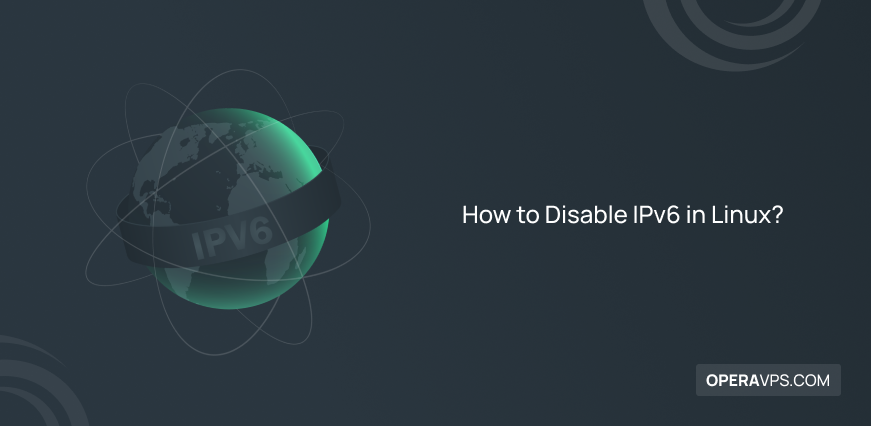
How to Disable IPv6 in Linux?
For network administrators managing Linux server or system, it may be necessary to disable IPv6 permanently or temporarily. You can disable IPv6 in Linux by editing /etc/sysctl.conf (in Debian-based distros) or using sysctl command (in Red Hat-based distros), followed by a system reboot. Permanently Disable IPv6 on Debian-Based Systems (Ubuntu, Mint) On Debian and its […]
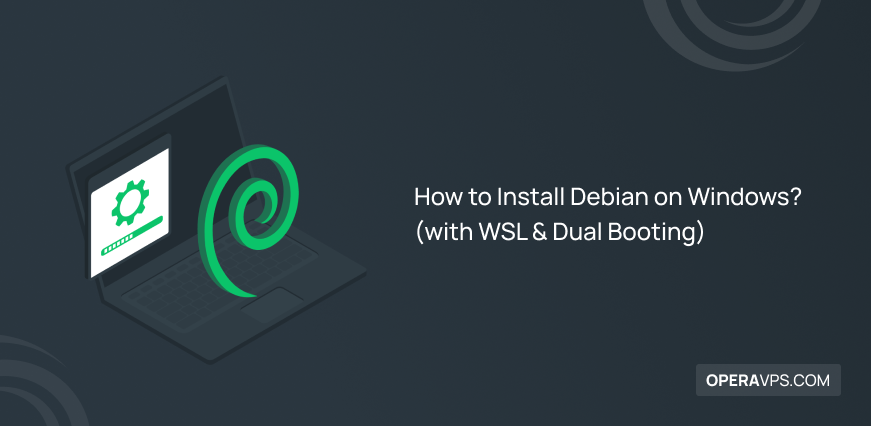
How to Install Debian on Windows?
This guide explores two compelling methods to install Debian on Windows system. Whether you prefer the streamlined approach of the Windows Subsystem for Linux (WSL) or the classic experience of dual booting, we’ll equip you with the knowledge to navigate the installation process with confidence. Prerequisites to install Debian alongside Windows Ensure your system meets […]
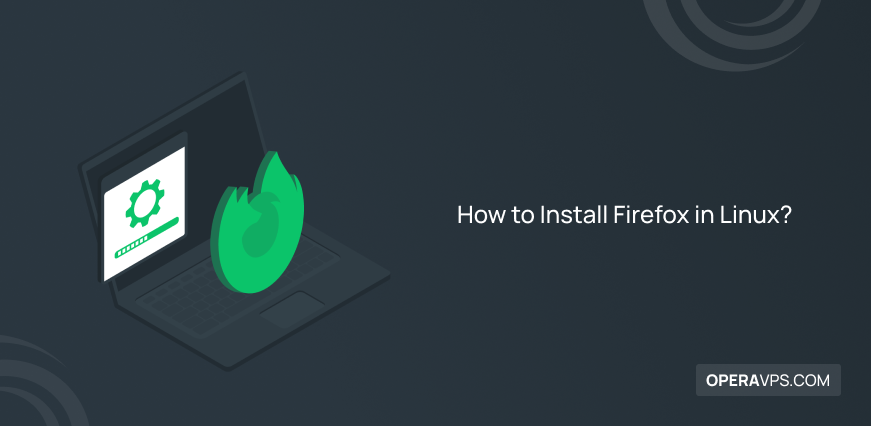
How to Install Firefox in Linux?
Firefox is a popular web browser known for its speed, security, and privacy features. There are two main methods for installing Firefox on Linux: Using the package manager: This is the most common and recommended method. The package manager for your Linux distribution will automatically download and install the latest version of Firefox for you. […]
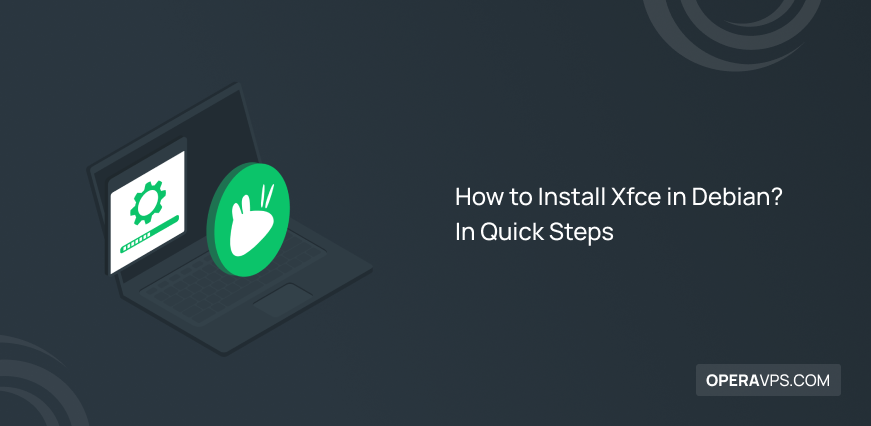
How to Install Xfce in Debian?
Debian is a powerful and versatile operating system, but it can sometimes feel a bit heavyweight with the default Gnome desktop environment. However you can install and use GNOME in Debian. If you’re looking for a faster and more resource-efficient option, Xfce is a fantastic choice. Xfce is a lightweight desktop environment known for its […]
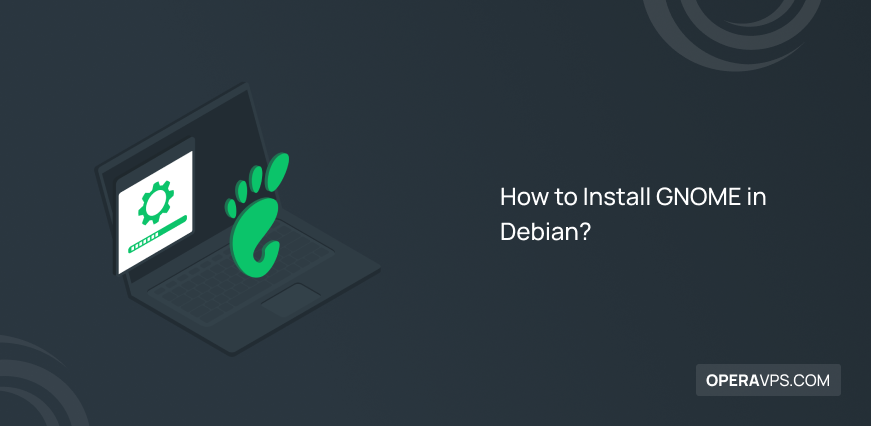
How to Install GNOME in Debian?
Debian, known for its rock-solid stability and customization, offers various desktop environments. GNOME, with its clean interface and modern feel, is a popular choice for a user-friendly and visually appealing experience. This guide equips you with two methods for installing Gnome in Debian: tasksel: A user-friendly approach for beginners, utilizing a single command. Manual Installation: […]
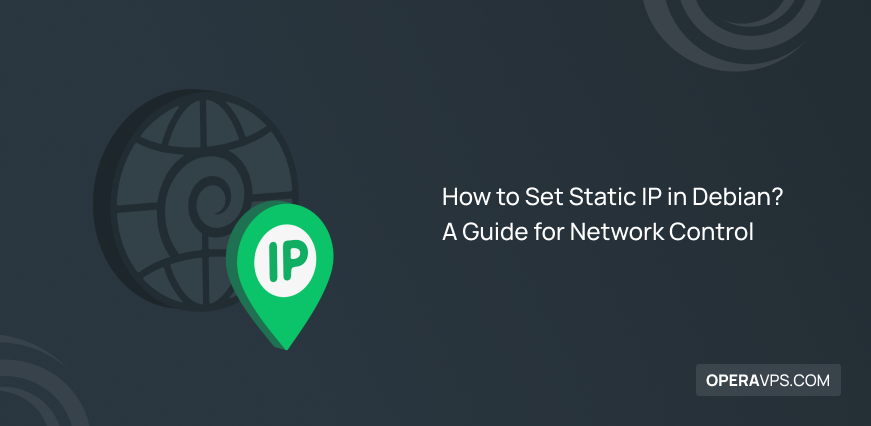
How to Set Static IP in Debian?
Assigning a static IP address to your Debian system grants you greater control over its network behavior. This can be crucial for tasks like network administration, server management, or simply ensuring consistent network connectivity for specific devices. While DHCP (Dynamic Host Configuration Protocol) is convenient for most everyday use cases, static IPs offer a layer […]
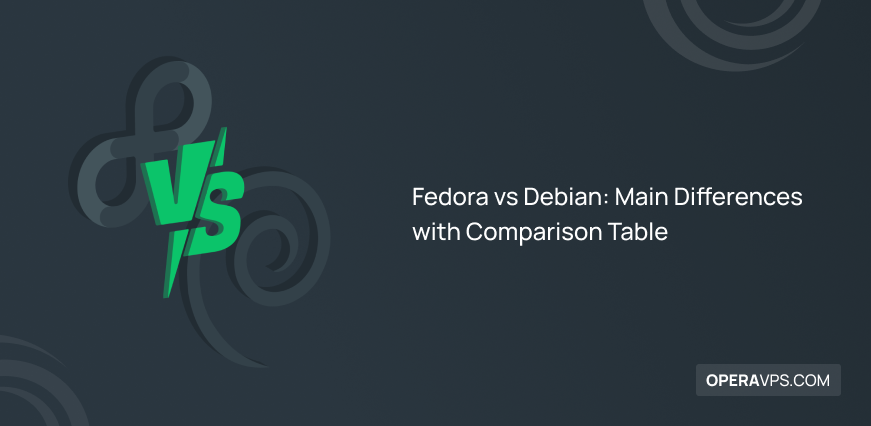
Fedora vs Debian
To make an informed decision between Debian and Fedora, you should consider your needs. If you need cutting-edge features and don’t mind frequent updates, choose Fedora. If you prioritize rock-solid stability for servers or desktops, choose Debian. A Quick Comparison of Debian vs Fedora Stability Debian is known for its stability, making it a good […]
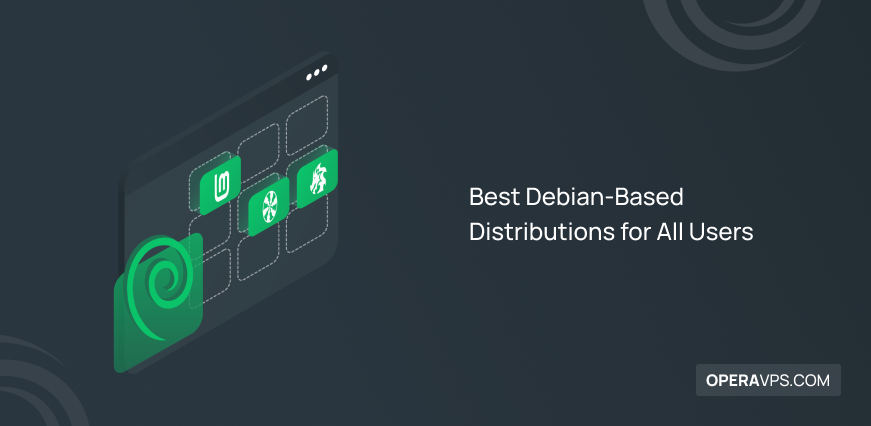
9 Best Debian-Based Distributions for All Users
Debian, a cornerstone of the Linux ecosystem renowned for its stability and reliability, serves as the foundation for a diverse array of Linux distributions. This comprehensive guide delves into the vast landscape of Debian-based distributions, empowering you to navigate the plethora of options and select the one that aligns perfectly with your requirements. Unveiling the […]
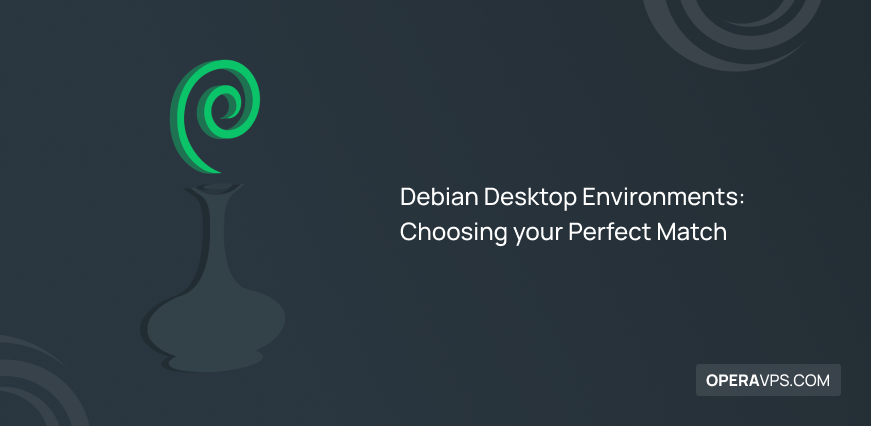
Debian Desktop Environments
Debian, lauded for its stability and expansive software repository, unveils a captivating array of desktop environments (DEs) to cater to a multitude of user inclinations and system requisites. This guide proffers best Debian desktop environments, and analyzes each available option: 1. GNOME (Default) As the default DE for Debian, GNOME shines with its modern, user-friendly […]
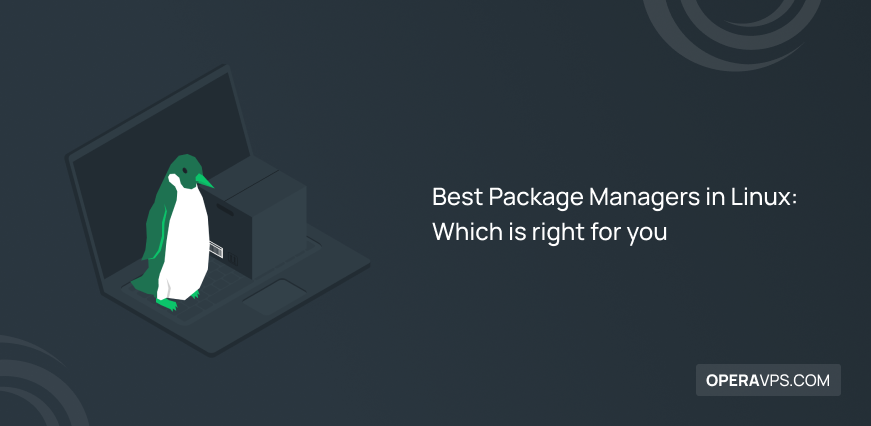
4 Best Package Managers in Linux
Think of a package manager as your personal software librarian. It keeps track of all the software (or “packages”) available for your specific Linux distribution, allowing you to easily Install new software, Remove software or Update software. There are different package managers for linux but the best linux package managers are APT, DNF, Zypper, Pacman, […]
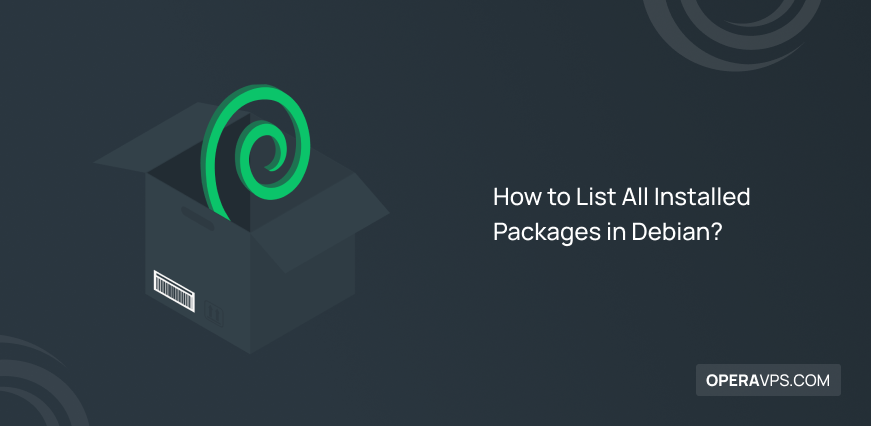
How to List All Installed Packages in Debian?
You may forget what software you have after installing packages in Debian. It happens to the best of us! Luckily, Debian offers several ways to easily list all your installed packages. This guide will walk you through three methods using the command line: 1. Using apt list The apt command is the primary package management […]
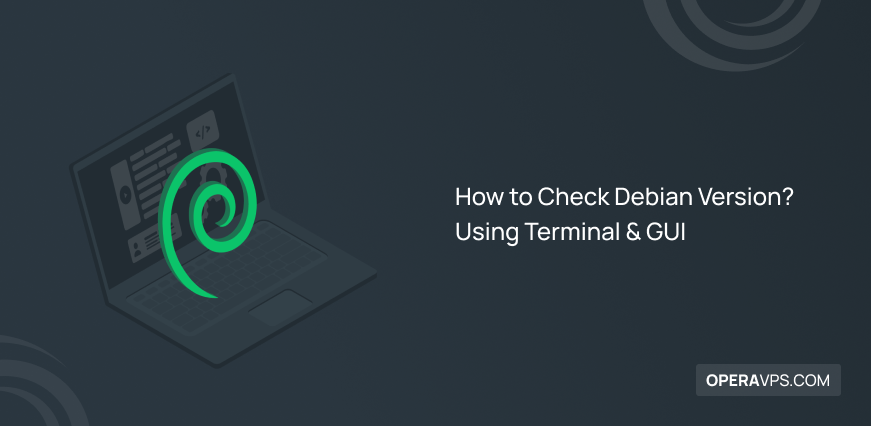
How to Check Debian Version?
Knowing your Debian version is crucial for various reasons. It helps you find compatible software, check for updates specific to your release, and troubleshoot any issues that might arise. Thankfully, checking your Debian version is a straightforward process, and there are several ways to do it. Here’s a breakdown of three simple methods: 1. Using […]
